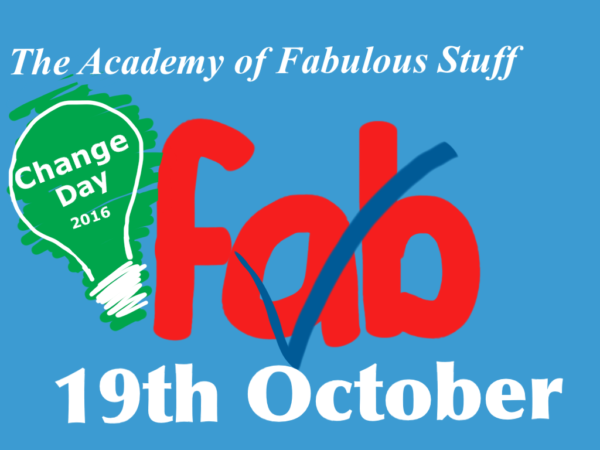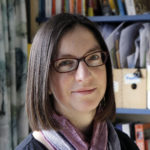
I’d never heard of a Randomised Coffee Trial (RCT) before, but when I read about the MatExp RCTs being organised as part of NHS Fab Change Day I knew I wanted to sign up. What a great idea, to link up two random people with an interest in maternity services, one from inside the NHS and one from outside, to share ideas about improving services.
I was paired with Andy Simm, a Consultant Obstetrician from Nottingham, which was very exciting because this video of a “natural caesarean” he facilitated had been shown at the Women’s Voices conference I’d attended a couple of weeks before. I felt a bit nervous about taking up 30 minutes of his time, but guessed that an obstetrician who pioneers an empowering approach to birth, and who signs up for a MatExp RCT, would be easy to talk to, which proved to be the case.
Some of the things we discussed in our 30 minute phonecall included:
- the value of having an effective Maternity Services Liaison Committee (MSLC), like the one we have in Bromley. I explained how we hold meetings at different times and locations, e.g. some in children’s centres around the borough, and some in the hospital to make it easier for obstetricians to attend. Also, how our MSLC helped to get support for Bromley’s new perinatal mental health pathway by providing service user testimonials. I have promised to send Andy the new NHS England guidance on MSLCs which is expected to be published in November 2016.
- how Andy started doing natural caesareans, initially because one woman asked for it and he didn’t see any reason to refuse, and then because other women started to hear about it and to ask for the same thing. Andy described it as being about a way of communicating that gives women control.
- how someone like me might approach my local service to find out whether this sort of caesarean is, or could be, an option in our area. Andy recommended this article as something to share with obstetricians and midwives. He also suggested inviting the head of maternity theatre to attend an MSLC meeting.
- that while a natural caesarean can be seen as a whole package, many aspects of this (e.g. playing your own music, or skin-to-skin contact immediately after the birth) could be offered to any woman having an elective caesarean, or even in some cases an emergency caesarean. Andy is considering developing a checklist so that all mothers could request the options they would like.
- the importance of communicating between different professional specialisms. Andy described how through his work on natural caesareans he has found himself in midwifery conferences that he might not have previously attended (and where he can sometimes be the only doctor in the room). He has gradually become more aware that many women are experiencing birth in quite a negative way – women whose births, from their medical notes, “would look OK, pretty normal”. Andy described how “people I’ve come into contact with have shaped me to change” – for example, the independent midwife who first asked if he could perform a natural caesarean for her client.
- I asked how we could make it easier for obstetricians to attend conferences such as the Women’s Voices conference, MSLC meetings, etc. Andy’s view was that convenient times and low cost can help but that there is an issue of doctors staying within their own sphere. We both agreed that anything we can all do to get different professionals and service users talking to each other is really helpful. One idea we had was to invite doctors in training to attend events or meetings, in the way that student midwives often do. Andy suggested contacting our local College Tutor about this.
I will be taking a number of ideas from this RCT forward as I take on my new role as Chair of Bromley MSLC from January 2017. I believe this very interesting and useful conversation was made possible by the RCT process. It’s unlikely that Andy and I would ever have spent 30 minutes in conversation without the RCT prompt. The fact that we had no prior relationship and came from different local maternity systems reduced the likelihood that our conversation would be limited by political, organisational or social constraints and made it easier for us to discuss some potentially challenging subjects.
So thank you Andy for your willingness to engage in this process, to Dominic Cushnan for administering the RCTs and to everyone else who has been involved in organising NHS FabChangeDay. Can we have #MatExp RCTs again next year?
